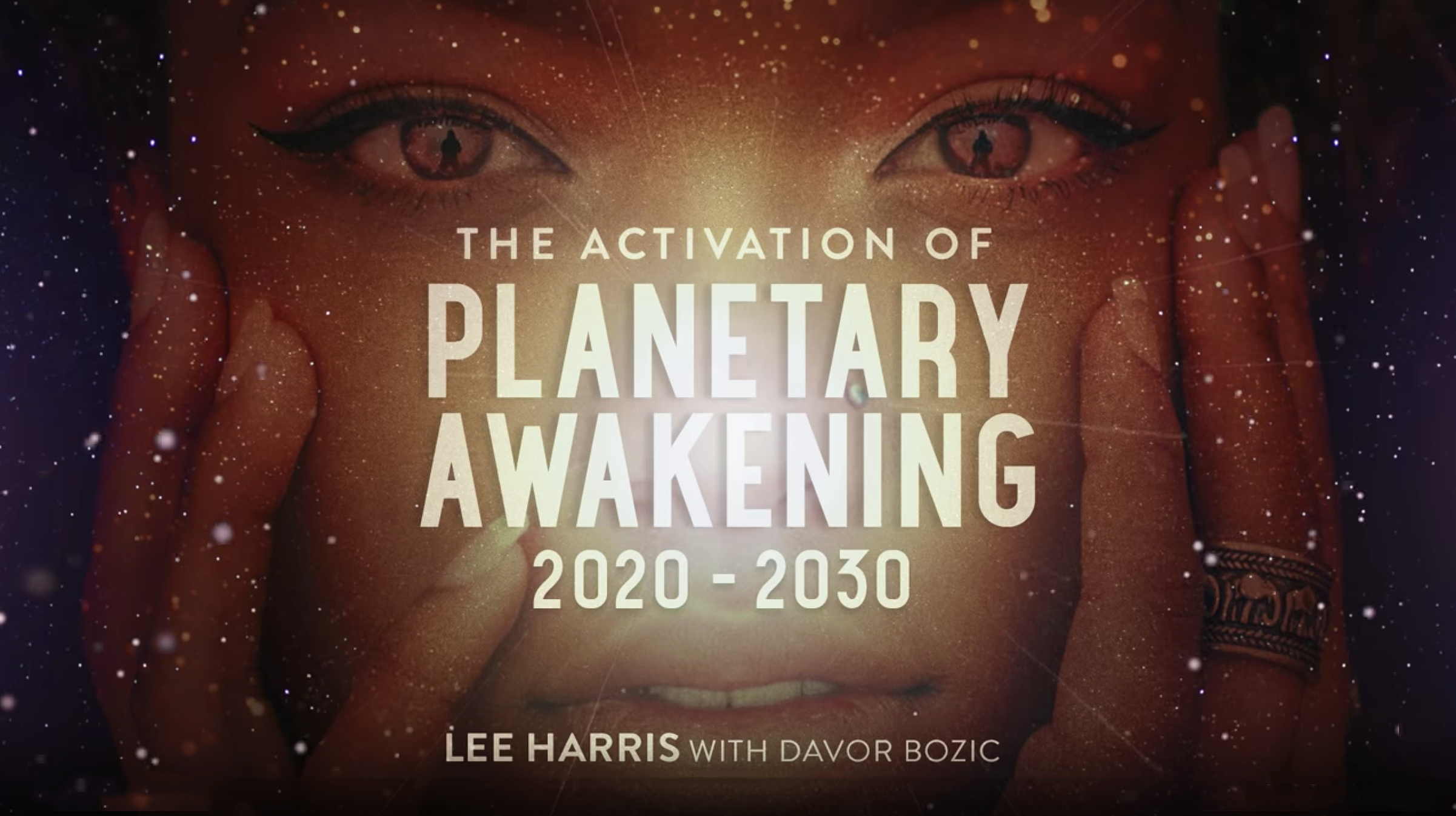The World's Most Relaxing Song
Listening to music is a universally accessible path to unwind, increase productivity and fall asleep when we’re overly stimulated. British ambient band, Marconi Union, incorporated scientific theory to unlock “the world’s most relaxing song.”
Similar to the collaboration between a music composer and filmmaker, the band worked closely with sound therapists during the creation process. With the goal of lowering a listener’s blood pressure, stress levels and heart rate, the song utilizes a peaceful production landscape filled with dreamy rhythms, melodies and complementary instruments (featuring piano, guitar and electronic samples of natural soundscapes). Like the soothing sounds of a waterfall in nature, one can follow the movement and layers as they effortlessly induce a dreamlike state. In fact, the song is considered so effective that it’s dangerous to listen to while driving!
Richard Talbot from Marconi Union said, "It was fascinating working with a therapist to learn how and why certain sounds affect people's mood. I always knew the power of music but we have previously written using gut feeling."
According to Mindlab International, the group behind the research, the power of this song is outstanding compared to any other song they have ever tested. “Weightless” induces a 65% reduction in anxiety and a 35% reduction in usual physiological resting rates.
Dr. David Lewis-Hodgson from Mindlab International explained, "Brain imaging studies have shown that music works at a very deep level within the brain, stimulating not only those regions responsible for processing sound but also ones associated with emotions.”
WARNING: Do not play this being a passenger in a moving car, and especially if you are driving.
But what is it about the song itself that makes it so effective? According to Lyz Cooper, the founder of the British Academy of Sound Therapy, there are basic musical principles that correlate with relaxation. She explains that the song “contains a sustaining rhythm that starts at 60 beats per minute and gradually slows to around 50.” The listener’s heartbeat will naturally slow down to match the track’s BPM (beats per minute). The song’s length is also critical. Cooper explains, “It takes about five minutes for this process, known as entrainment, to occur. And there is no repeating melody, which allows your brain to completely switch off because you are no longer trying to predict what is coming next.”
So how can we incorporate the positive and powerful effects of sound therapy into the practical settings of our day-to-day lives? Some believe that introducing music into stress-inducing activities (such as test-taking) can reduce anxiety and improve performance. The town of Lancaster, CA plays the tranquil sounds of birds chirping through loudspeakers along their downtown strip, which is believed to have reduced the local crime rate (minor misdeeds by 15% last year, and serious crimes by 6%), since its launch. Perhaps offices that play calming music can help to improve their employees’ stress levels and productivity.
While there’s sill a lot of research to be done in this space, it’s clear that music has the power to help us clear our heads, relax and focus. We all know the value of sleep and relaxation, and toxicity of stress and anxiety. So keep this as a resource in your back pocket to unwind, on-demand, any time you need it. Having trouble falling asleep? Drift off to this 10-hour version of “Weightless”:
Written by Jorrdan Passman, the Founder & CEO of SCORE A SCORE, an LA-based company focused on simplifying custom music and licensing. First published on Forbes.com












